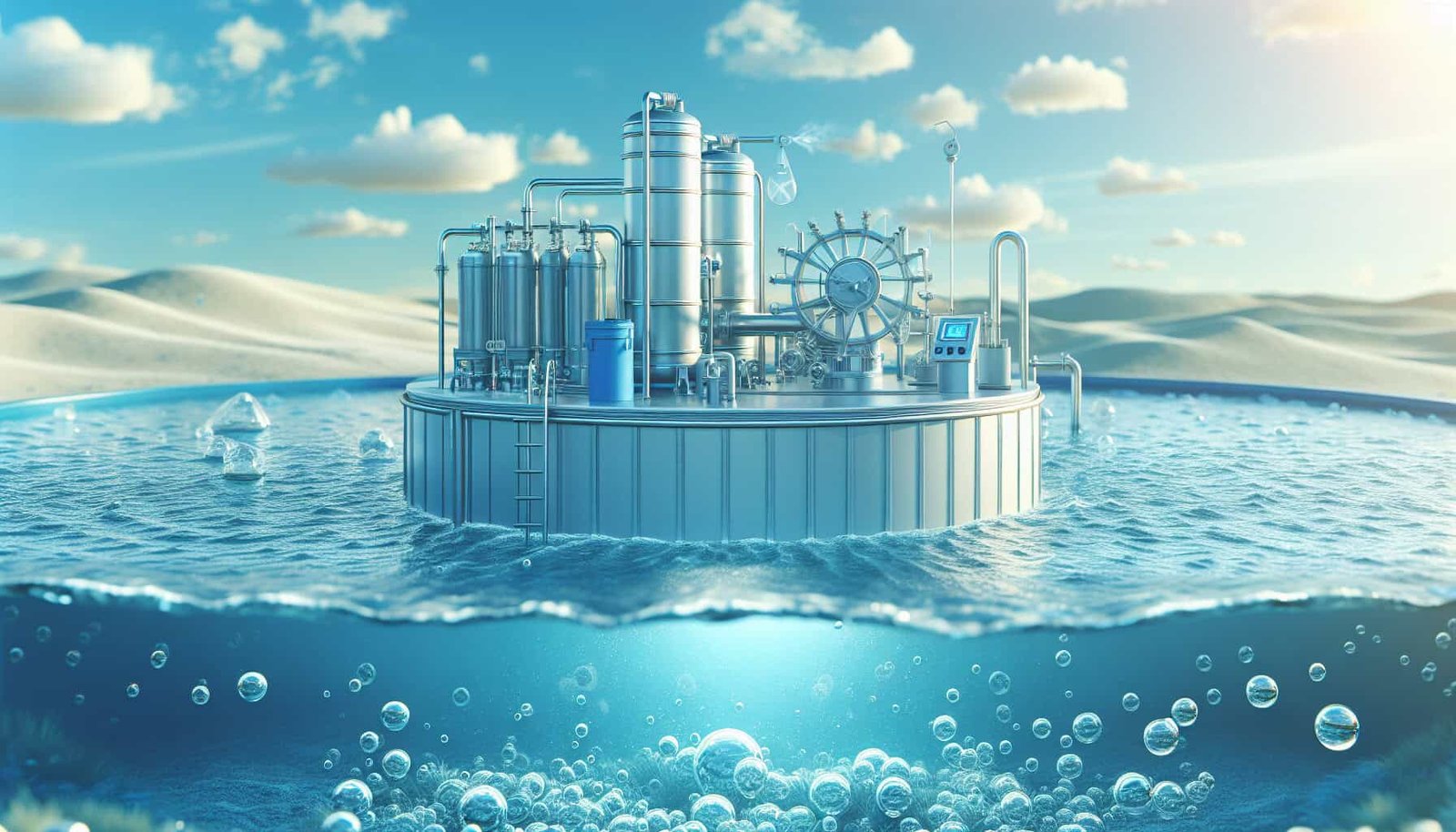If you’re concerned about the presence of petroleum contaminants in your well water and are seeking guidance on treatment options, you’ll be pleased to know that there is a plethora of publications available to help you navigate this issue. From scientific journals and industry reports to government publications and expert websites, these resources offer valuable insights and recommendations to ensure the safety and quality of your well water. Whether you’re a homeowner or a professional in the field, these publications are an indispensable source of information to help you make informed decisions about well water treatment for petroleum contaminants.
Publications outlining well water treatment for petroleum contaminants
When it comes to treating well water contaminated with petroleum, there are several reputable publications that provide valuable guidance and information. These publications come from organizations and institutions such as the National Ground Water Association (NGWA), the U.S. Environmental Protection Agency (EPA), the American Water Works Association (AWWA), the World Health Organization (WHO), the National Research Council (NRC), the Ground Water Protection Council (GWPC), the Society of Petroleum Engineers (SPE), the American Petroleum Institute (API), and the Journal of Environmental Science and Health.
Let’s take a closer look at each of these publications and the valuable insights they offer for addressing petroleum contamination in well water.

National Ground Water Association (NGWA)
The National Ground Water Association (NGWA) is a non-profit organization dedicated to the protection and sustainable use of groundwater resources. They have published a number of resources specifically focused on the treatment of petroleum contaminants in well water. Their guidance on well water treatment offers practical recommendations and techniques for dealing with petroleum pollution. NGWA publications provide a wealth of information on the topic, including guidelines for remediation of petroleum-contaminated water.
U.S. Environmental Protection Agency (EPA)
The U.S. Environmental Protection Agency (EPA) is a federal agency responsible for safeguarding human health and the environment. The EPA has developed comprehensive recommendations for treating petroleum-contaminated well water. Their guidance covers a wide range of topics, including well remediation and treatment techniques. Additionally, the EPA has published various resources specifically addressing petroleum pollutants in well water, which can serve as valuable references for individuals and professionals seeking to address this issue.
American Water Works Association (AWWA)
As the largest organization of water professionals in the world, the American Water Works Association (AWWA) has established standards for the treatment of petroleum contaminants in well water. These standards serve as benchmarks for the industry and provide guidance on best practices for addressing petroleum pollution. AWWA publications on the treatment of petroleum pollutants in well water offer insights into the latest research and techniques in the field, helping water professionals stay up to date with the most effective treatment methods.
World Health Organization (WHO)
The World Health Organization (WHO) is a global authority on public health and has developed guidelines for treating well water contaminated with petroleum. The WHO’s focus on human health and well-being makes their publications particularly relevant in understanding the health risks associated with petroleum contaminants in well water. Their publications shed light on the potential impacts of petroleum pollution on human health and offer guidance on effective treatment methods to safeguard public health.

National Research Council (NRC)
The National Research Council (NRC) is a branch of the National Academies of Sciences, Engineering, and Medicine, providing objective advice on scientific matters. The NRC publishes reports on various topics, including well water treatment for petroleum pollutants. These reports are often the result of in-depth research and analysis, making them valuable resources for understanding the complex challenges associated with petroleum-contaminated well water. The NRC’s guidelines for remediation further assist in developing effective strategies for addressing petroleum contamination.
The Ground Water Protection Council (GWPC)
The Ground Water Protection Council (GWPC) is an organization dedicated to protecting and conserving groundwater resources. They provide recommendations for the treatment of petroleum-contaminated well water, drawing on the expertise of professionals in the field. GWPC publications focus on remediation techniques specifically designed to address petroleum pollutants in well water. These resources offer practical insights and guidance to help individuals and organizations effectively manage and treat well water contaminated with petroleum.

The Society of Petroleum Engineers (SPE)
As an international professional organization, the Society of Petroleum Engineers (SPE) plays a crucial role in providing resources and knowledge on the treatment of petroleum contaminants in well water. SPE resources cover a wide range of topics, including well water treatment techniques, publications on oil and gas pollution in well water, and guidelines for addressing petroleum contamination. The SPE’s vast network of experts ensures that the information provided is up to date and applicable to real-world scenarios.
The American Petroleum Institute (API)
The American Petroleum Institute (API) is the largest trade association for the oil and gas industry in the United States. They have developed industry standards for the treatment of petroleum contaminants in well water. API publications provide guidance on managing and remediating petroleum pollutants, offering valuable insights into industry best practices. These standards serve as a benchmark for the industry and are widely utilized by professionals involved in well water treatment.

The Journal of Environmental Science and Health
The Journal of Environmental Science and Health is a peer-reviewed publication that features articles on a wide range of environmental issues, including the treatment of petroleum contaminants in well water. The journal publishes studies on the impact of petroleum pollutants on well water and the effectiveness of various treatment methods. These articles provide valuable insights into the latest research and scientific advancements in the field, helping to inform strategies for well water treatment.
In conclusion, these publications from reputable organizations and institutions offer a wealth of guidance and information when it comes to treating well water contaminated with petroleum. Whether you are an individual looking for solutions to address well water contamination or a professional involved in the field, these publications can serve as valuable resources to help you navigate the complex challenges associated with petroleum pollutants in well water. By exploring the insights and recommendations provided by these publications, you can better understand the issues at hand and develop effective strategies for well water treatment.

